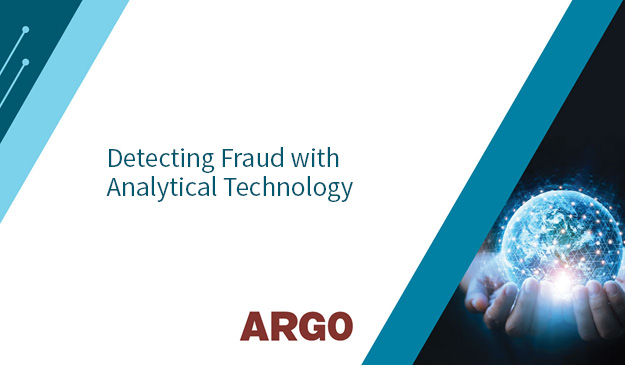Today’s automated fraud detection solutions use analytical technology to automate fraud detection. These solutions include:
- Decision Tree Automation – A form of multiple variable analysis used to predict, explain, discover, describe, or classify outcomes. It goes far beyond a simple one-cause, one-effect relationship. Decision Trees can encode complicated relationships between inputs that affect response values, becoming valuable to predictive decisions as a data gathering, exploration, and decision-making tool.
- Predictive Analytics (Machine learning) – This integrates probability theory, combinatorial optimization, search, and statistics, which are the basis of several analytical predictive and pattern recognition software solutions in both financial services and healthcare.
- Probabilistic Determination - Provides a statement about the certainty of an event, usually expressed in terms of probability. Often business leaders want to know three things about their operation: what happened, why it happened, and what will likely happen in the future.
How do these analytics methods reduce fraud?
Predictive analytics provide a method and foundation for computing the probability analytical computation processes and the outcome results used by fraud analysts when adjudicating suspect items. The process is executed in four stages:
- Stage 1—Applying individual fraud analytic tests
- Stage 2—Determining the Suspicion Level (DSL) score
- Stage 3—Determining of the Financial Risk Exposure (FRE) score
- Stage 4—Routing to a work queue for adjudication
The ARGO Fraud solution, OASIS™ (Optimized Assessment of Suspicious Items), provides cross-channel, multi-fund analytics and adjudication workflow to detect fraudulent transactions and suspicious items. ARGO’s competency in Decision Trees, Random Forests, Bayesian graphical models, logistic regression, and others allow a deep understanding of the complex, non‑parametric, and often non-linear relationships that affect prediction accuracy.
For more information, download the “The Role of Analytics in Fraud Prevention” interview with David Engebos, President and COO of ARGO.





